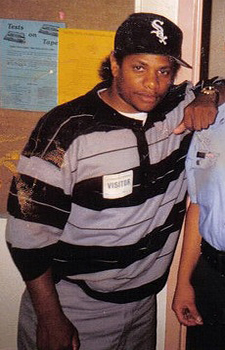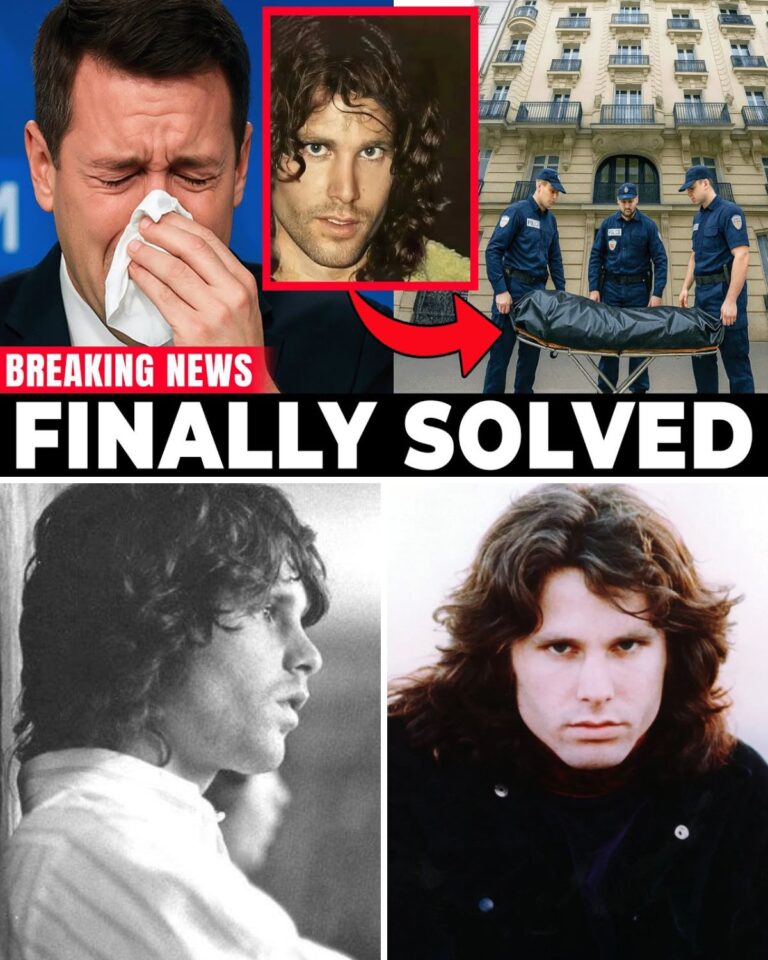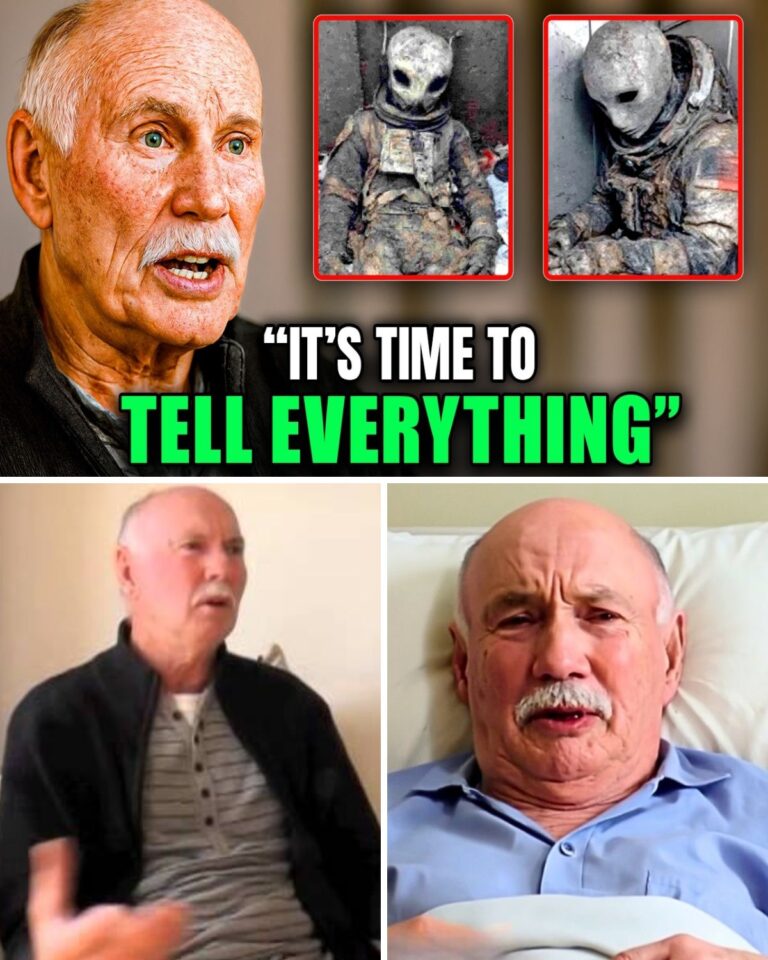For nearly three decades, the world has accepted the official story: Eazy-E — the “Godfather of Gangsta Rap,” the ruthless visionary who built N.W.A. — died suddenly of AIDS-related pneumonia in 1995. But now, Tracy Jernigan, his former girlfriend and longtime confidante, has shattered that narrative with explosive new claims that threaten to rewrite hip-hop history.

At 55, Jernigan has broken her silence in a shocking new docuseries, The Mysterious Death of Eazy-E, revealing evidence and testimony that could expose a sinister cover-up behind the rapper’s untimely death. What she describes is not just tragedy — but a calculated sequence of events orchestrated by forces powerful enough to manipulate life, death, and legacy itself.
“I was there when he got sick,” Jernigan says, her voice trembling. “But what happened after… none of it made sense. He was strong one day — weak the next. And suddenly, I wasn’t allowed near him. That’s when I knew something was wrong.”
In February 1995, Eazy-E — born Eric Wright — entered Cedars-Sinai Medical Center in Los Angeles complaining of a persistent cough. Within days, the diagnosis was announced: full-blown AIDS. Within three weeks, he was dead. The speed of his decline shocked doctors and devastated the music world. But Jernigan insists the timeline doesn’t add up.
She recounts how security around Eazy’s hospital room was suddenly tightened, access restricted, and communication with his family and close friends abruptly cut off. Then, just days before his death, came the bombshell — a sudden marriage to Tamikah Woods, a woman he had only recently met. “It didn’t feel right,” Jernigan admits. “It was like someone else was pulling the strings.”

When Jernigan tried to visit him, she says she was blocked by hospital staff who claimed “new orders had been issued.” By the time she was finally allowed in, Eazy was barely conscious. “He couldn’t even talk,” she recalls. “But the look in his eyes said everything. He was scared.”
Perhaps the most disturbing part of Jernigan’s revelations lies in what didn’t happen — an autopsy. Despite Eazy-E’s sudden and suspicious death, no full autopsy was ever conducted. “They said it wasn’t necessary,” Jernigan explains, shaking her head. “But how do you bury someone so fast without even asking questions?”
Medical professionals featured in the docuseries point to glaring inconsistencies in his reported symptoms. Some argue that the rapid progression of the disease was “medically improbable,” especially for someone with no prior signs of immunodeficiency. Others claim they were pressured not to speak publicly.
In the years since his death, whispers have persisted that Eazy-E may have been the victim of medical sabotage — deliberately infected with the virus as part of a vendetta or a power struggle within the industry. Even hip-hop legend Suge Knight once hinted in an interview that “you can inject someone and give them AIDS,” fueling rumors of foul play.

Jernigan doesn’t name names, but she suggests that powerful figures had both motive and means to silence Eazy. “He was about to take back control of his music empire,” she claims. “He was done being used. And when Eazy-E started making moves, people got scared.”
Since the release of The Mysterious Death of Eazy-E, Jernigan has received both praise and backlash. Some call her brave. Others call her delusional. She’s faced threats, intimidation, and attempts to discredit her story — but she refuses to back down.
“I know what I saw. I know what I felt. And I won’t stop until the truth comes out,” she vows. “They can call it conspiracy all they want. But there are too many coincidences, too many missing pieces.”
Jernigan has spent years collecting hospital documents, personal letters, and eyewitness testimonies — piecing together a puzzle that points toward a chilling possibility: that Eazy-E’s death was no accident.
Nearly thirty years later, Eazy-E’s influence still echoes through every beat and lyric of modern rap. But for those who knew him, the pain of his loss remains raw — intensified by the haunting sense that justice has never been served.
“Eazy wasn’t just a rapper,” Jernigan says softly. “He was a father, a fighter, and a genius. He deserved the truth — and so do we.”
As the docuseries gains momentum, public demand for a new investigation grows louder. Online forums are ablaze with theories, leaked hospital memos, and alleged recordings from those close to the case. Whether the world will ever know the full truth remains uncertain — but one thing is clear: the shadows around Eazy-E’s death are darker than anyone ever imagined.





